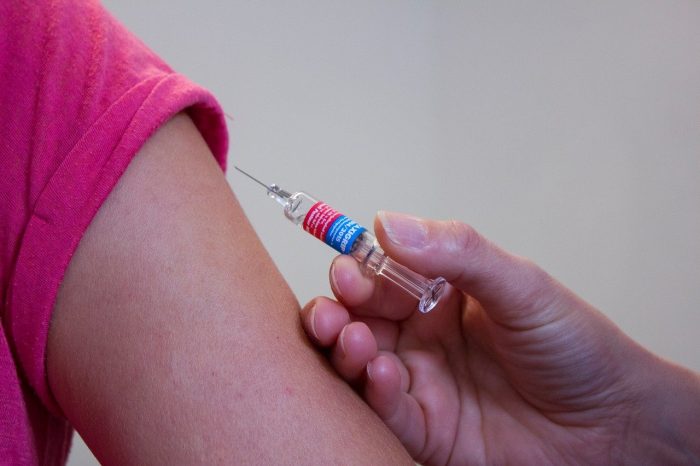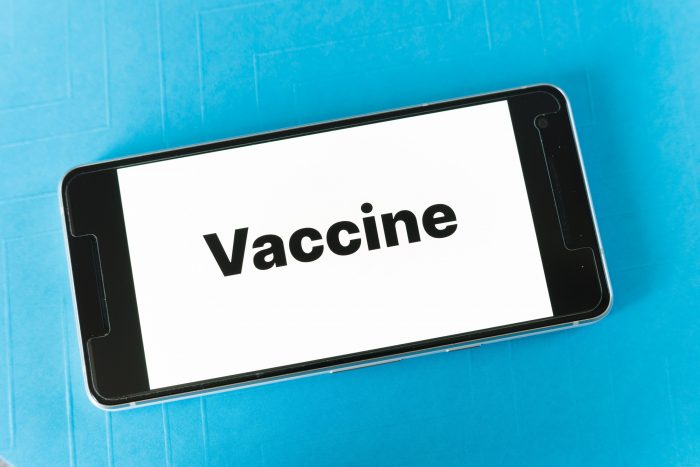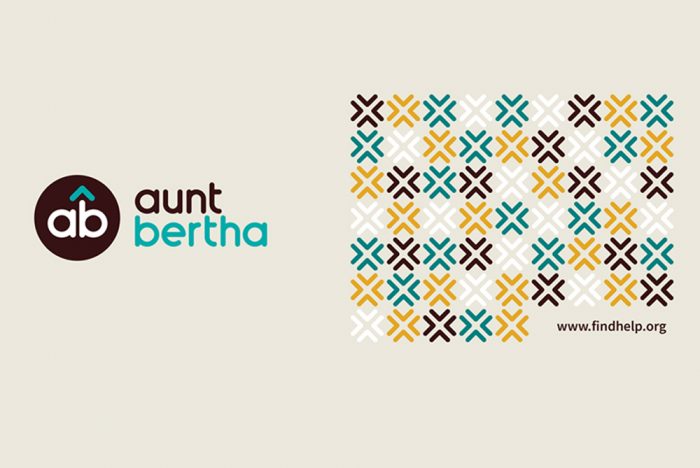This article informs all Medicare providers and suppliers who requested and received Covid-19 Accelerated and Advance Payments (CAAPs) that we began recovering those payments as early as March 30, 2021, depending upon the 1 year anniversary of when you received your first payment. It also gives information on how to identify recovered payments. Please be sure your billing staff are aware that the recovery has begun, or will begin soon, but no sooner than 1 year from the date we issued the CAAP to you.
OMHSAS Monthly Update Call – Registration
Please SAVE THE DATE for the next OMHSAS Provider / Provider Affiliate / Advocate / Consumer / Family Member stakeholder meeting, scheduled for Tuesday, April 20, 2021 from 3:00 pm – 4:00 pm.
This webinar will be directed towards Providers, Provider Associations and Consumers, Family Members, and Advocate stakeholders. The next webinar for Counties and County Affiliates is scheduled for Friday, April 9, 2021 from 1:00 pm – 2:00 pm. We ask stakeholders to join in only one monthly meeting, whichever one that would best suit their interests.
If you have suggestions for agenda topics, please submit them via email to OMHSAS by close of business on Tuesday, April 13, 2021. We will monitor the account and will reply to the sender if more information is needed. Please be advised that responses will not be provided if additional information is not needed.
Below is the webinar registration info for the April 2021 Provider / Provider Affiliate / Advocate / Consumer / Family Member Webinar, which will take place on Tuesday, April 20, 2021 at 3:00 pm. Please register for OMHSAS Provider/Advocate Stakeholder Meeting on Apr 20, 2021 3:00 PM EDT here.
After registering, you will receive a confirmation email containing information about joining the webinar. If you have any questions, please contact your RCPA Policy Director.
RCPA Member Telehealth Survey Outcomes Report
Pandemic Era Use of Telehealth Procedures in Pennsylvania
The onset of the COVID-19 pandemic in early 2020 had a dramatic impact on the practice of behavioral health and other social services, which led many agencies to provide some or all their services via telehealth procedures. It has been reported that 80% of all behavioral health visits in the pandemic era have been virtual, with Medicare claims for telehealth services increasing from 13,000 per week to 1.4 million per week.
To gain Pennsylvania specific information regarding the use of telehealth procedures, RCPA, in partnership with Woods Services, surveyed members that utilized telehealth as part of their behavioral health and consumer engagement strategies during the pandemic. After a year of implementing telehealth as a primary mode of service delivery, the responses support the initial success of this modality – although there are ongoing challenges.
The survey data went through a detailed analysis by Woods Services, and an outcomes analysis report was developed that viewed the intersection of practitioner, consumer, and payer operational and fiscal metrics. The Executive Summary and Policy Recommendations provide a supportive foundation for RCPA’s ongoing efforts in creating a sustainable telehealth platform that will ensure equity and access to quality care in PA.
Please see the Full Report and the Executive Summary for review. For more information, please contact RCPA Children’s Division Director Jim Sharp.
Everyone in PA. Will Be Eligible for COVID-19 Vaccines Starting April 19

An Integrated Approach: Investing in Whole Person Approaches to Child and Family Well-Being April 8
Pennsylvania Accelerating Vaccine Strategy

DOH: Over 5.1 Million Vaccinations To Date, First Doses Of Vaccine To 31% Of Population
Funding Opportunity for TBI Model Systems National Data & Statistical Center
The National Institute on Disability, Independent Living and Rehabilitation Research (NIDILRR) recently announced the availability of funding through a grant that was posted on March 22, 2021 by the Traumatic Brain Injury (TBI) Model Systems National Data and Statistical Center. The intention of this program is to advance medical rehabilitation by increasing scientific efforts to longitudinally assess the experience of individuals living with a TBI. The deadline to apply for the funding opportunity is May 21, 2021.
Diversity, Equity, & Inclusion Policies: FAQ Document
The RCPA Diversity, Equity, & Inclusion (DEI) Committee created this resource to answer frequently asked questions regarding DEI policy development and refinement. Following a survey of available resources, this compilation was developed as a guide for interested parties and is intended as a springboard to further research with links to additional resources to aid their DEI policy development process. Please send questions or feedback to Cindi Hobbes or Jim Sharp.
State Associations Secure $250K Grant to Advance Equity in Telehealth Care
The Rehabilitation and Community Providers Association (RCPA) and the Pennsylvania Association of Community Health Centers (PACHC) have secured a $250,000 grant as part of a national initiative to cultivate health policy and a care system that is more equitable and better meets the needs of individuals and families. The collaboration will focus on increasing access to care and developing a comprehensive policy framework and health care plan for consumers with the use of telehealth.
The two-year grant to RCPA and PACHC is among six spanning eight states. It was awarded by the Delta Center for a Thriving Safety Net, which brings together primary care associations and behavioral health state associations to advance policy and practice change. The Delta Center project is supported by the National Council for Behavioral Health, the Robert Wood Johnson Foundation, and the National Association of Community Health Centers. Read the full press release here.















